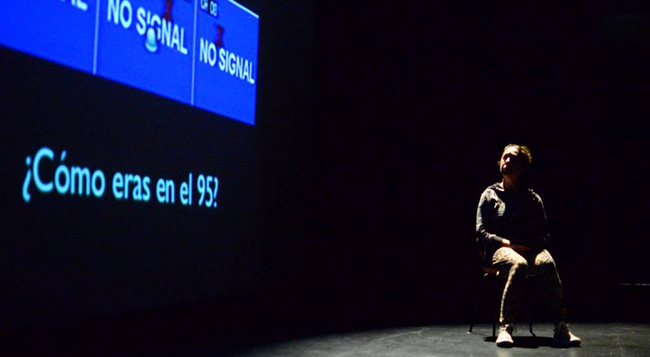Maintaining our humanity in trying times
October 29, 2014
Let us accept the transparent story: this is for us.
All the changes our country has endured through this ‘War on Terror’: the internationally recognized rights of First Nations protestors are suspended to end the blockade of an oil pipeline so that we can drive our cars with affordable fuel – this is done for us. Keeping a teenage Omar Khadr in Guantanamo on dubious grounds for ten years without trial, sending Maher Arar to be tortured in Syria, arresting thousands of innocent civilians at the Toronto G20 summit without cause, spending $100 billion of our money on spies and bombs, telling all legitimate migrants to Canada that even if they’ve been here as citizens for 40 years that their citizenship can be revoked based upon suspicion of guilt alone – these are gifts to us, for our safety and our peace of mind.
Did it work? Do you feel safer? Do you feel trust?

This is not about being angry: the politicians who pass these laws and the police and spies who execute them are also us. Ultimately, if we are to live in a more peaceful society, no one can be outside – there can be no ‘Other’. Our inclusionary principles must apply to politicians, criminals, and enemy combatants as well as ourselves, lest we turn them into easy villains as well, and avoid the deeper challenges of maintaining our humanity in trying times.
I’m going to repeat that last simplistic phrase because that’s the reason we created this performance: “the challenge of maintaining our humanity in trying times.” If we can concede that this is not a fight of good (us) versus evil (them), then we can understand this as a cultural problem, and we have to ask: How are we just like them – the terrorists and the anti-terrorists alike? What happens when we speak about what we have in common?
All our public language now is oppositional, and leads us to look for enemies. One of our roles, as artists, is to take that language, those tools of vigilance, and turn them upon themselves in search of an outlook that might help to change the conversation: a beautiful gesture that might speak to a common humanity. That might create a place where trust is possible.
Ottawa: October 22, 2014
Let us console the afflicted, and protect our own. But since we all come from some place that was a home, let our next act be a beautiful gesture.
When we were hurt in the past, we turned to hurt in return. Has this made us safer? – just a question. Let our answer be a beautiful gesture.
Because since 2001 North America spent $3.5 Trillion on bombs and credible threats, 220 000 civilians in Afghanistan, Pakistan, and Iraq are dead. Because we have no monuments to guard for them, please: let our next act be a beautiful gesture.
Let us send a parliament of widows from our federation of regret to speak words of peace to our enemies. Let us listen to anger. Let us not congratulate ourselves. Let us be humble in the face of desperation.
No more shrines to security, let us look for trust. Let us create trust.
Let our next act be a beautiful gesture.
Trevor Schwellnus, Director – What I learned from a decade of fear

